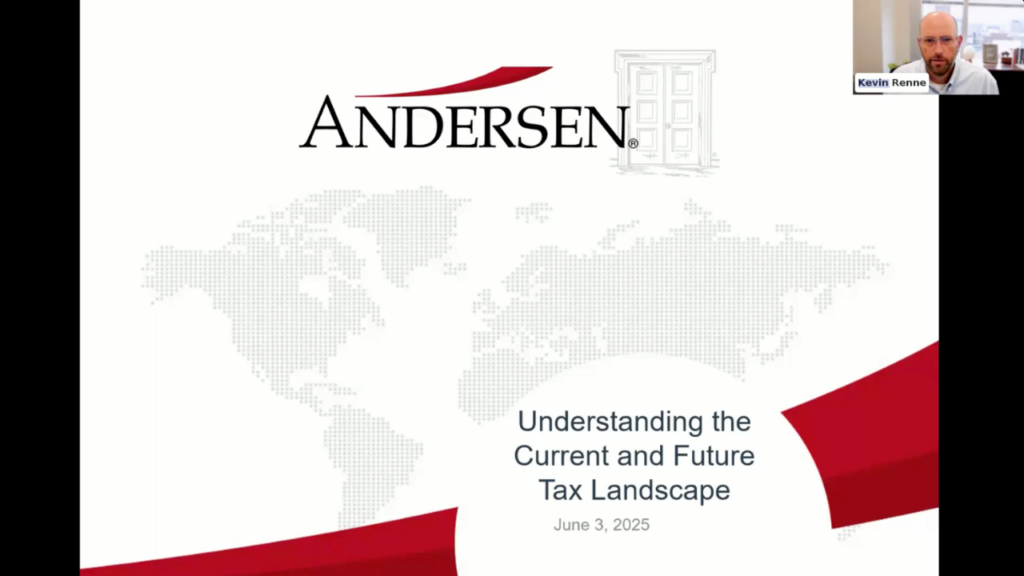What do companies like Publix Supermarkets, Amsted Industries, and Burns & McDonnell Engineering all have in common? In addition to their success, all these companies, each with 10,000 or more employees, are majority-owned by the people who work there. In fact, the largest 100 employee-owned companies in America employ, in the aggregate, some 685,000 individuals, each of whom is a partial owner of the enterprise. There are a total of 6,533 employee-owned companies in the US, 456 of which are publicly traded, representing a total asset value of more than $2.1 trillion.
What are the advantages of an employee stock ownership plan (ESOP)? What are the attributes of a business that make it a good candidate? Are there aspects of an ESOP that provide different or better benefits than the 401(k)s offered by many for-profit enterprises? What problems or strategic challenges can an ESOP address? Let’s look at some basic facts about ESOPs to learn why so many American companies have transitioned to employee ownership.
What Is an ESOP?
In simple terms, an ESOP is a Defined Contribution plan governed by the Employment Retirement Income Security Act of 1974 (ERISA) that is organized to purchase shares of the employer’s stock on a tax-deferred basis. The stock may be privately held or publicly traded, and employees who participate in the plan must typically meet certain requirements to become vested.
Companies may offer a 401(k) in addition to an ESOP. Shares purchased through an employee’s participation are held in a tax-advantaged status; growth and compounding are not impacted by taxation while the stock is held in the plan. When employees take distributions from the plan at retirement, gains will typically be taxed as ordinary income.
Who Needs an ESOP?
Owners who want to diversify. Establishing an ESOP can be a useful tool for company owners who may not want to sell their entire stake in the enterprise. By selling a portion of their ownership stake via an ESOP, they may be able to affect a partial sale without completely divesting themselves of all ownership. This can provide the owner with an opportunity to diversify their net worth while still retaining an interest in the company they have built.
Owners looking for better tax strategies. There may also be tax advantages to selling some or all of the ownership interest to an ESOP, as opposed to selling the company to a third party. While an outright sale to a third party will typically generate taxable capital gains, such taxation can often be deferred in a sale to an ESOP by means of a 1042 rollover (subject to certain conditions). Additionally, companies may be able to make tax-deductible contributions to the ESOP, potentially reducing the company’s tax burden, as well.
Companies interested in building a stronger team. What about attracting and retaining employees? Studies have shown that an ESOP can be an effective recruiting and retention incentive; employees who also have an ownership interest have a built-in incentive to make the company successful. Not only that, but because the ESOP can serve as a vehicle for long-term wealth creation, employees have more reasons to remain with the company for the long term in order to build a more secure foundation for their eventual retirement.
Owners who want to preserve what they have built. Another important advantage ESOPs can provide is securing the company’s legacy. When a third party—a private equity group, for example—purchases a company, the new owners may have an entirely different vision than the original owner. This may include different priorities for strategic direction, different employment approaches, or even the sale of certain company assets or reductions in the workforce. Selling the company to the employees, on the other hand, often results in a deeper, more long-lasting commitment to the company’s core values and its people. When the employees are also the owners, their dedication and commitment can become more deeply integrated with their own best interests.
JFS Wealth Advisors is well qualified to work with business owners who want to explore whether an ESOP could be a useful tool for their companies. Our professional advisors can help with plan design, implementation, employee communication, and so much more. If you have questions about ESOPs or any other qualified retirement plan, we are eager to talk with you.




















